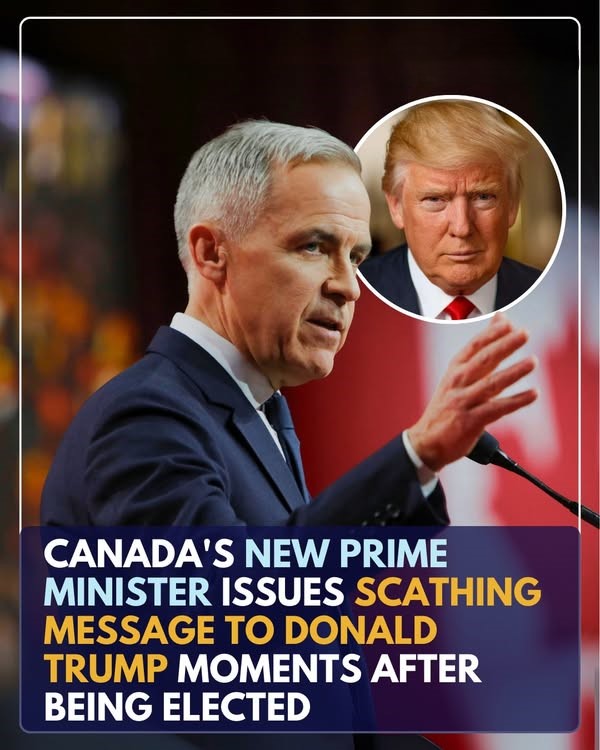In their first official meeting, Canadian Prime Minister Mark Carney firmly dismissed Donald Trump’s suggestion that Canada become the 51st U.S. state, reaffirming Canada’s sovereignty and independence.
- Mark Carney rejects Trump’s proposal to make Canada the 51st U.S. state
- Trump argued it would help Canada avoid tariffs
- Carney replied: “Canada is not for sale”
- The meeting addressed trade tensions and economic cooperation
- Carney emphasized Canada’s independence and global economic strategy

During a high-stakes meeting in Washington, Canadian Prime Minister Mark Carney rejected a bold suggestion from former U.S. President Donald Trump: that Canada should consider becoming the 51st state of the United States.
The proposal came amid discussions about tariffs and ongoing trade tensions between the two nations. Trump implied that U.S. statehood might help Canada avoid future economic penalties.
But Carney’s response was firm and direct:
“Canada is not for sale.”
He went on to emphasize that Canada’s future is not dependent on the United States:
“Canada has multiple paths to prosperity. We will not compromise our sovereignty in exchange for short-term relief.”
Despite the disagreement, both leaders described the meeting as “constructive,” and said they would continue working on shared goals in trade and border security.
Political analysts suggest Carney’s stance reflects a broader shift in Canadian foreign policy — one that leans toward economic autonomy, diversification, and a reduced reliance on the U.S. market.
Carney’s remarks signal a clear reaffirmation of Canadian sovereignty, especially in a time of global economic uncertainty. His leadership is seen as a turning point, with Canada seeking stronger ties with other global markets like Europe and Asia-Pacific.
Future meetings between the two countries are expected to focus on easing trade friction while respecting national interests. Carney’s administration is likely to continue pushing for a diversified, resilient economic strategy.
Should Canada rethink its U.S. trade relationship?
Share your thoughts in the comments below. 👇
Leave a Reply